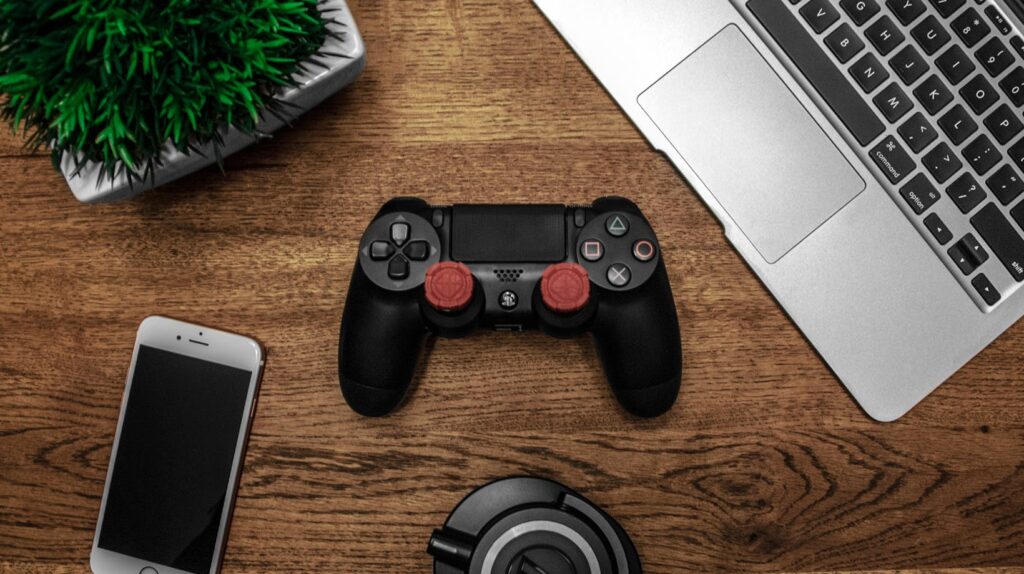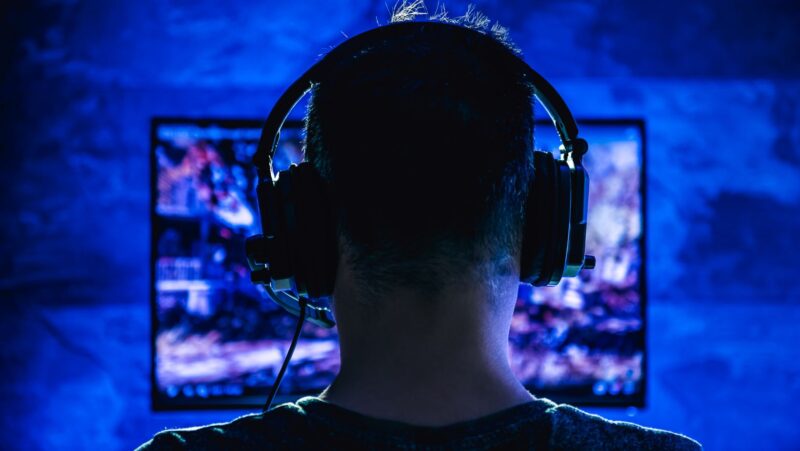
In recent years, the landscape of gaming has undergone a significant transformation, with mobile gaming emerging as a dominant force in the industry. This shift has been particularly pronounced among students, who increasingly turn to their smartphones and tablets to indulge in a variety of gaming experiences. From casual puzzle games to immersive multiplayer titles, mobile gaming offers students a convenient and accessible means of entertainment and relaxation.
However, with the rise of mobile gaming comes a myriad of implications for student life, from its impact on academic performance to its influence on social interactions and mental well-being. In this comprehensive exploration, we’ll delve into the phenomenon of mobile gaming among students, examining its drivers, effects, and implications for the academic and social landscape, leveraging resources such as Academized to gather insights into student perspectives and experiences.
The Appeal of Mobile Gaming
One of the key factors driving the rise of mobile gaming among students is its unparalleled accessibility. Unlike traditional gaming platforms such as consoles or PCs, which require dedicated hardware and setups, mobile games can be easily accessed and played on smartphones and tablets that students carry with them everywhere. This accessibility allows students to engage in gaming experiences anytime, anywhere, whether it’s during a break between classes, while commuting, or even in the comfort of their own dorm rooms. Additionally, the diverse array of mobile games available caters to a wide range of interests and preferences, appealing to students with varying tastes and gaming preferences.
- Accessibility: Mobile gaming offers unparalleled accessibility, allowing students to play games anytime, anywhere.
- Variety: The diverse selection of mobile games caters to a wide range of interests and preferences among students.
The Impact on Academic Performance
While mobile gaming provides students with a convenient means of entertainment and relaxation, its prevalence has raised concerns about its impact on academic performance. The addictive nature of some mobile games, coupled with the ease of access, can lead to distractions and procrastination, potentially detracting from students’ focus and productivity. Excessive gaming habits may result in decreased study time, poor time management skills, and ultimately, lower academic achievement. Additionally, the immersive nature of mobile games can blur the boundaries between leisure and study time, making it challenging for students to maintain a healthy balance between gaming and academic responsibilities.
- Distractions: Excessive mobile gaming can lead to distractions and procrastination, affecting students’ focus and productivity.

- Time Management: Poor time management skills resulting from gaming habits may lead to decreased study time and lower academic achievement.
The Social and Mental Impact
Beyond its effects on academic performance, mobile gaming also influences students’ social interactions and mental well-being. While gaming can provide a sense of social connection through multiplayer features and online communities, excessive gaming habits may lead to social isolation and withdrawal from real-life interactions. Moreover, the immersive and often competitive nature of mobile games can contribute to stress, anxiety, and even addiction among students, particularly when gaming habits become compulsive and interfere with daily life. It’s essential for students to maintain a healthy balance between gaming and social activities, prioritizing real-life connections and self-care to safeguard their mental and emotional health. For further guidance on navigating the challenges of student life and fostering holistic well-being, students can explore resources such as https://www.jpost.com/special-content/best-essay-writing-services-top-8-paper-writing-websites-778969 to access valuable insights and support from experienced professionals.
- Social Connection: Mobile gaming can provide a sense of social connection, but excessive gaming habits may lead to social isolation.
- Mental Well-being: The immersive nature of mobile games can contribute to stress, anxiety, and addiction among students if gaming habits become compulsive.
Conclusion
The rise of mobile gaming among students has ushered in a new era of gaming culture, characterized by unprecedented accessibility and diversity of experiences. While mobile gaming offers students a convenient means of entertainment and relaxation, its prevalence raises important considerations regarding its impact on academic performance, social interactions, and mental well-being. As students navigate the complexities of balancing gaming with academic and social responsibilities, it’s essential to cultivate self-awareness, set boundaries, and prioritize healthy habits to ensure a well-rounded and fulfilling college experience.

By recognizing the potential pitfalls of excessive gaming and adopting a mindful approach to mobile gaming, students can harness its benefits while mitigating its drawbacks, ultimately achieving success both inside and outside the classroom.



